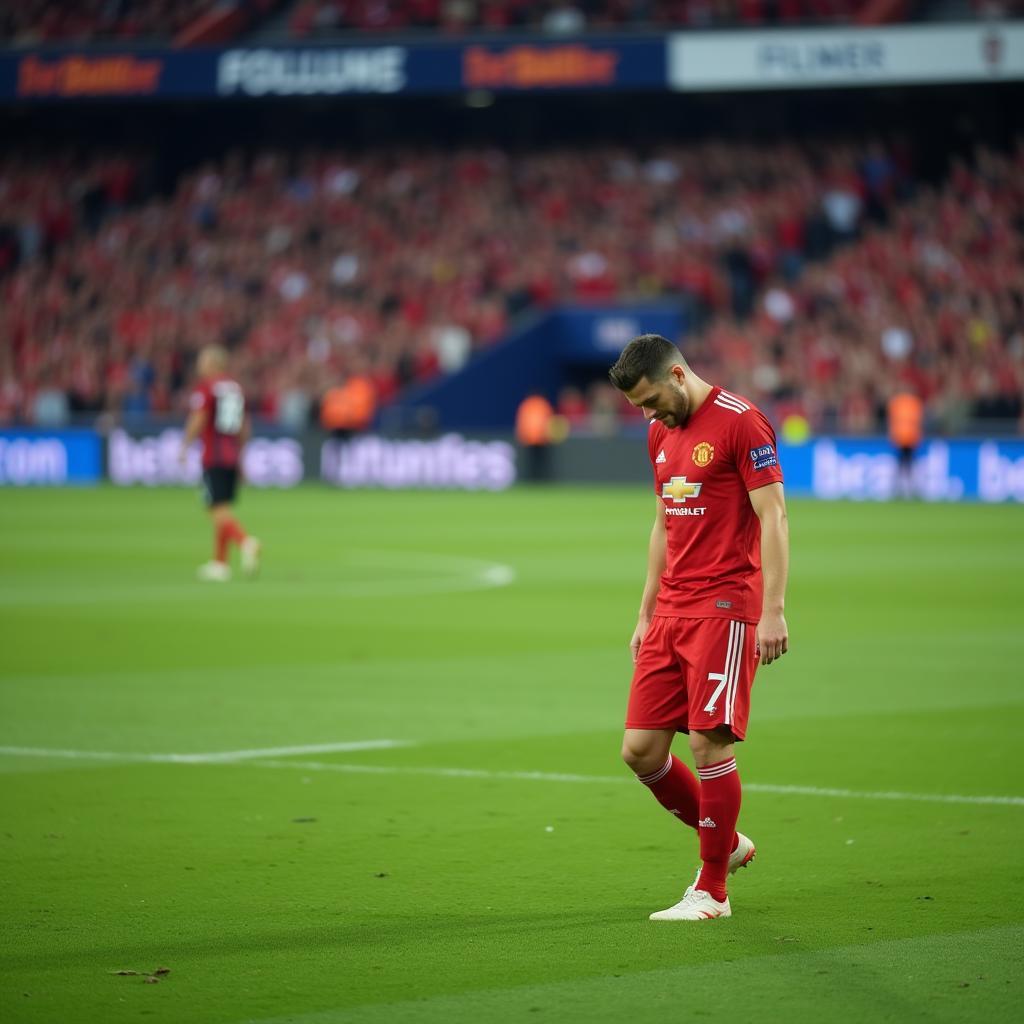In the world of professional sports, the passionate devotion of fans fuels the excitement and spectacle. They are the lifeblood of the game, their cheers and jeers echoing through stadiums and creating an electrifying atmosphere. Yet, there exists a fine line between enthusiastic support and what can only be described as a “battle against a true hero” – the moment when fan vocalism transforms from a celebration of the sport into a toxic assault on the very individuals who strive to entertain them.
The Double-Edged Sword of Fan Vocalism
The impact of fan vocalism is undeniable. A roaring crowd can uplift a team’s morale, providing that extra push needed to secure victory. It can be a source of immense pride for players, knowing that their efforts are met with such unwavering support. However, this fervor can quickly turn sour. When criticism becomes personal, when jeers are laced with vitriol, and when the focus shifts from the game to the personal lives of athletes, fan vocalism morphs into a weapon.
The Price of Hero Worship: When Fans Forget the Human Behind the Jersey
 A dejected football player walks off the field
A dejected football player walks off the field
Athletes, despite their extraordinary talents, are not superhuman. They experience the same range of emotions, vulnerabilities, and pressures as anyone else. The relentless scrutiny, the constant pressure to perform, and the invasive nature of social media can take a toll. When fans cross the line, directing personal insults, threats, or abuse, they disregard the human being behind the jersey, forgetting that their words have real-world consequences.
Finding the Balance: Respect, Support, and the Spirit of the Game
The solution lies not in silencing the fans but in cultivating a culture of respect and understanding. Constructive criticism, delivered with a sense of fairness, is part of the game. However, personal attacks, hateful chants, and online harassment have no place in the world of sports.
Fans must remember that their actions have consequences. A player’s mental health, their family life, and their overall well-being can be severely impacted by toxic fan behavior. Ultimately, a true fan supports their team through thick and thin, offering encouragement during challenging times and celebrating victories with grace and humility.
Conclusion
The relationship between fans and athletes is a complex one, marked by a delicate balance of admiration and expectation. While the passion of true supporters is invaluable, it must be tempered with respect, empathy, and a recognition of the human beings behind the athletic achievements. The “battle against a true hero” is one that no fan should ever wage.


